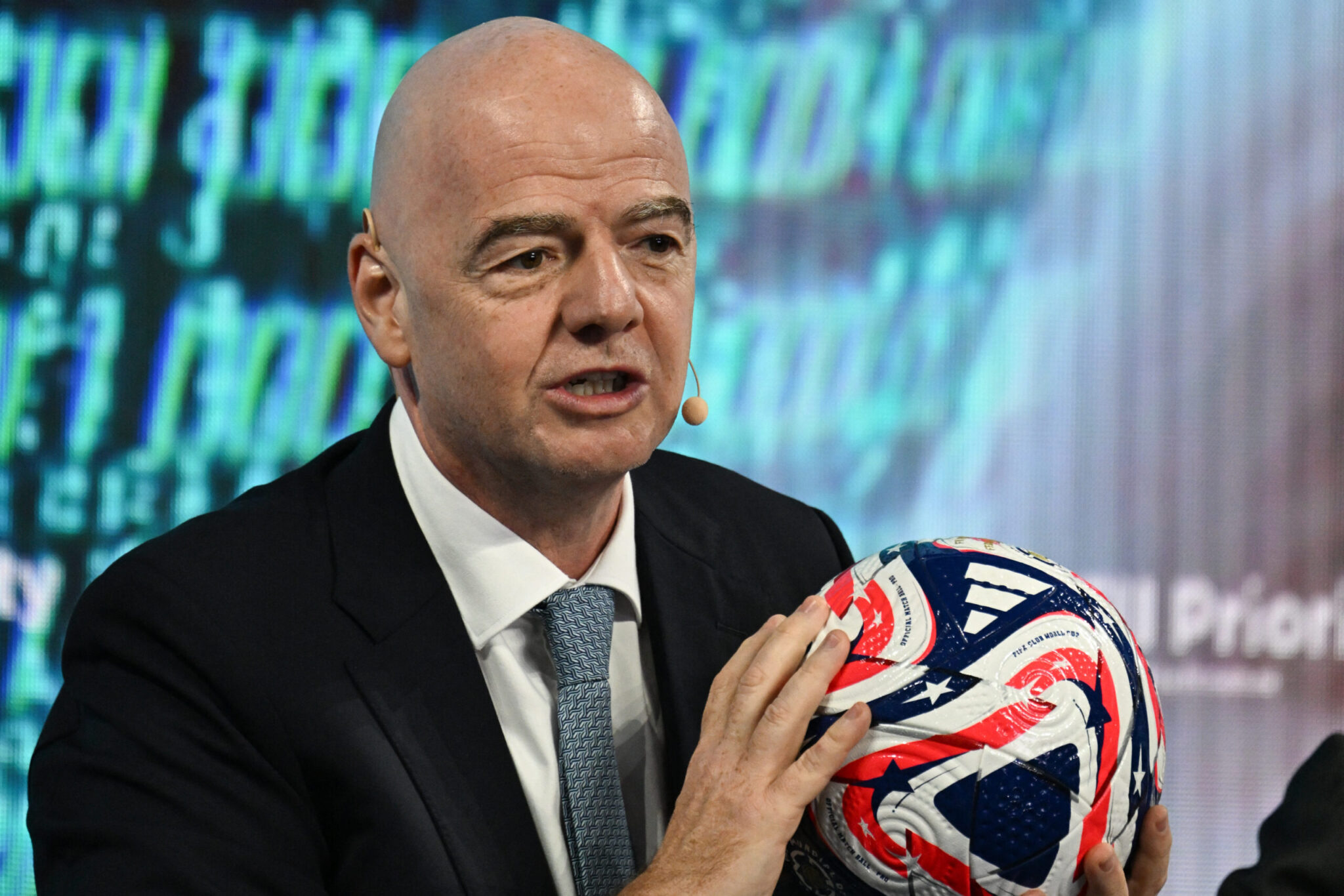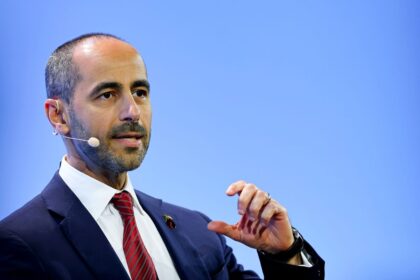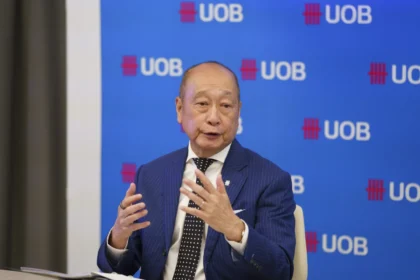FIFA’s much-touted blockchain-based ticketing system for the 2026 World Cup is facing a preliminary investigation as concerns mount over security, accessibility, and the potential for misuse. The system, designed to leverage blockchain technology to reduce fraud and scalping, has already sparked debate among fans, regulators, and cybersecurity experts.
The 2026 World Cup, jointly hosted by the United States, Canada, and Mexico, is expected to draw over 3 million visitors. FIFA’s initiative to use blockchain technology for ticketing represents a major leap in global sporting events, aiming to combine transparency, real-time tracking, and secure digital identity verification.
However, insiders report that FIFA’s innovation has prompted regulators in multiple jurisdictions to examine whether the system complies with data privacy laws, anti-fraud measures, and consumer protection standards.
How the Blockchain Ticketing System Works
FIFA’s system is built on a private blockchain ledger, which records every ticket issued, transferred, and redeemed. Each ticket is linked to a fan’s verified identity, and transactions are encrypted and traceable. In theory, this should eliminate counterfeit tickets and reduce black-market sales.
According to FIFA officials, fans will be able to:
- Purchase tickets securely via digital wallets.
- Transfer tickets to verified users only, preventing scalping.
- Track ticket ownership and transaction history in real time.
“Blockchain is designed to give fans confidence that their tickets are authentic and that they will not fall prey to scams,” said a FIFA spokesperson. “This system represents a significant modernization of global event ticketing.”
Preliminary Investigation Triggers
Despite these assurances, FIFA’s blockchain ticketing has raised questions among regulators and consumer advocacy groups. The preliminary investigation reportedly focuses on several key areas:
- Data Privacy and Identity Verification – Critics argue that linking tickets to personal identities may expose fans to potential data breaches or misuse of personal information.
- Accessibility Concerns – Blockchain wallets and digital verification may exclude fans who are technologically less proficient or lack access to digital infrastructure.
- Fraud and Market Manipulation – While blockchain aims to prevent scalping, experts warn that sophisticated cybercriminals may exploit loopholes or create fake wallets to circumvent protections.
- Jurisdictional Compliance – The multi-country nature of the 2026 World Cup complicates regulatory oversight, as different privacy and consumer laws apply across the U.S., Canada, and Mexico.
An unnamed source within FIFA stated, “The investigation is not a condemnation, but it highlights that regulators are taking a close look at the new system before the World Cup ticket sales begin in earnest.”
Fan Reaction and Concerns
Fans have been vocal about the challenges posed by blockchain ticketing. Social media platforms have seen an increase in posts expressing confusion about wallets, verification steps, and secondary market limitations.
“I just want to buy a ticket and go to the game,” said Daniel Perez, a soccer fan from Houston. “I don’t want to deal with crypto wallets or blockchain apps just to watch a match.”
Some supporters, however, applaud FIFA for embracing innovation. “If it works, this could be the end of counterfeit tickets,” said Maria Gonzalez, a fan from Mexico City. “It’s just a matter of getting people used to the technology.”
Technical and Security Implications
Cybersecurity experts have underscored both the promise and the risk of blockchain ticketing. While blockchain’s encryption makes transactions difficult to tamper with, vulnerabilities remain:
- Smart contract bugs could allow unauthorized transfers.
- Wallet phishing attacks could target fans unfamiliar with crypto security.
- Scalability challenges might occur during high-demand ticket sales, potentially crashing the system.
Dr. Liam O’Connor, a blockchain security researcher at MIT, noted: “Blockchain doesn’t automatically equal security. The infrastructure, user interface, and verification processes all need to be robust. FIFA’s system is ambitious, but the regulatory probe is a healthy step to ensure it’s safe for millions of fans.”
Regulatory Oversight and International Implications
FIFA’s move into blockchain ticketing is unprecedented for a global sporting event of this scale. As a result, regulators from multiple countries are expected to coordinate oversight, potentially setting precedents for future international tournaments.
Legal analysts suggest that FIFA may have to adjust its system to comply with:
- U.S. Federal Trade Commission (FTC) regulations.
- Canada’s Personal Information Protection and Electronic Documents Act (PIPEDA).
- Mexico’s Federal Law on the Protection of Personal Data.
These adjustments could involve enhanced encryption, additional consent protocols, and user education programs to ensure accessibility.
Next Steps for FIFA
FIFA has pledged full cooperation with the preliminary probe and stressed that the investigation is part of ensuring a safe and equitable ticketing experience. FIFA’s spokesperson stated, “We remain confident that our blockchain ticketing system is secure and compliant. We welcome regulatory guidance to make it even better for fans worldwide.”
Industry insiders predict that FIFA may:
- Conduct stress tests of the blockchain platform ahead of ticket sales.
- Partner with cybersecurity firms for additional audits.
- Launch fan education campaigns to simplify wallet and verification usage.
The Broader Significance
The investigation signals that while blockchain promises innovation and transparency, scaling it to millions of users in a high-stakes, global event presents unprecedented challenges. FIFA’s experience may influence how sports leagues, concerts, and other major events deploy blockchain ticketing in the future.
“FIFA is effectively testing blockchain at a global scale,” said Dr. O’Connor. “How they handle regulatory scrutiny, security, and accessibility could set the standard — for better or worse — for the next decade of ticketing innovation.”
Conclusion
With ticket sales for the 2026 World Cup expected to begin within the next year, the preliminary investigation is a timely reminder that technological ambition must be paired with security, regulatory compliance, and user accessibility.
For millions of soccer fans anticipating the next World Cup, FIFA’s blockchain ticketing system represents both promise and uncertainty — a modern solution poised to combat counterfeiting, yet under the watchful eye of regulators to ensure that innovation does not come at the cost of fan safety or fairness.
“This is uncharted territory,” said a FIFA official. “But if we get it right, it could redefine how the world experiences global sporting events.”







